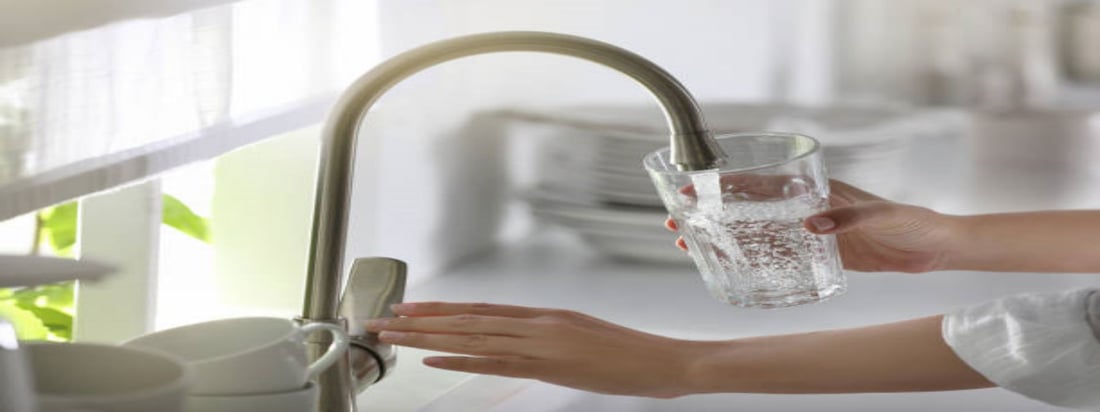Chlorine for Water Softener: An Informative Guide
When it comes to water softeners, many people are familiar with the use of salt or potassium chloride. However, an alternative option that is gaining popularity is the use of chlorine for water softening. In this article, we will explore the benefits, drawbacks, and effectiveness of using chlorine for water softening.
The Basics of Water Softening
Before we delve into the details of using chlorine for water softening, it is essential to understand the basics of water softening. Hard water contains high levels of minerals such as calcium and magnesium. These minerals can cause various issues, including scaling, reduced efficiency of appliances, and dry skin. Water softening is the process of removing these minerals to make water more suitable for everyday use.
Why Choose Chlorine for Water Softening?
Chlorine is a highly effective disinfectant that is commonly used in swimming pools and municipal water treatment plants. It is also known for its ability to remove impurities and kill bacteria and viruses. When used in water softening, chlorine can help eliminate harmful bacteria and microorganisms present in the water, ensuring safe and clean water for household use.
The Benefits of Using Chlorine for Water Softening
1. Effective Water Disinfection: Chlorine is a powerful disinfectant that can effectively kill bacteria, viruses, and other harmful microorganisms that may be present in the water. This ensures that the water you use for drinking, cooking, and bathing is safe and free from contaminants.
2. Cost-Effective Solution: Compared to other water softening methods, such as using salt or potassium chloride, chlorine is often more affordable. This makes it an attractive option for those looking for a budget-friendly water softening solution.
3. Easy Maintenance: Chlorine-based water softeners are relatively easy to maintain. Unlike systems that require regular refilling of salt or potassium chloride, chlorine-based systems typically only require periodic replenishment of chlorine tablets or cartridges.
The Drawbacks of Using Chlorine for Water Softening
While chlorine offers several benefits for water softening, it is important to consider the drawbacks as well:
1. Chlorine Odor and Taste: Chlorine can impart a noticeable odor and taste to the water. While the taste and odor may vary depending on the concentration of chlorine used, some people may find it unpleasant.
2. Potential Health Concerns: Chlorine, when used in higher concentrations, can have adverse health effects. Prolonged exposure to high levels of chlorine in drinking water may increase the risk of certain types of cancers and respiratory issues. However, most water softeners use chlorine in safe and regulated amounts, minimizing these risks.
How to Use Chlorine for Water Softening
Using chlorine for water softening typically involves the installation of a chlorine injection system. This system injects a precise amount of chlorine into the water supply, effectively disinfecting and softening the water. It is essential to consult a professional to ensure the correct installation and dosage of chlorine for optimal results.
Conclusion
Chlorine can be a viable option for water softening, offering effective disinfection and cost savings. However, it is essential to consider the potential drawbacks, such as odor and taste concerns, as well as potential health risks associated with higher chlorine concentrations. Consulting a professional and maintaining proper dosage is crucial for safe and efficient water softening.

